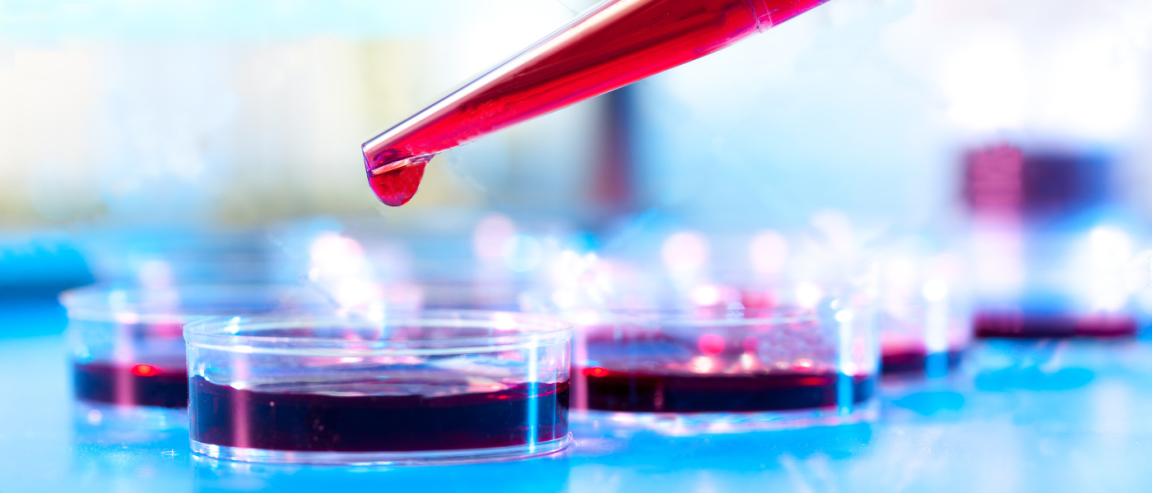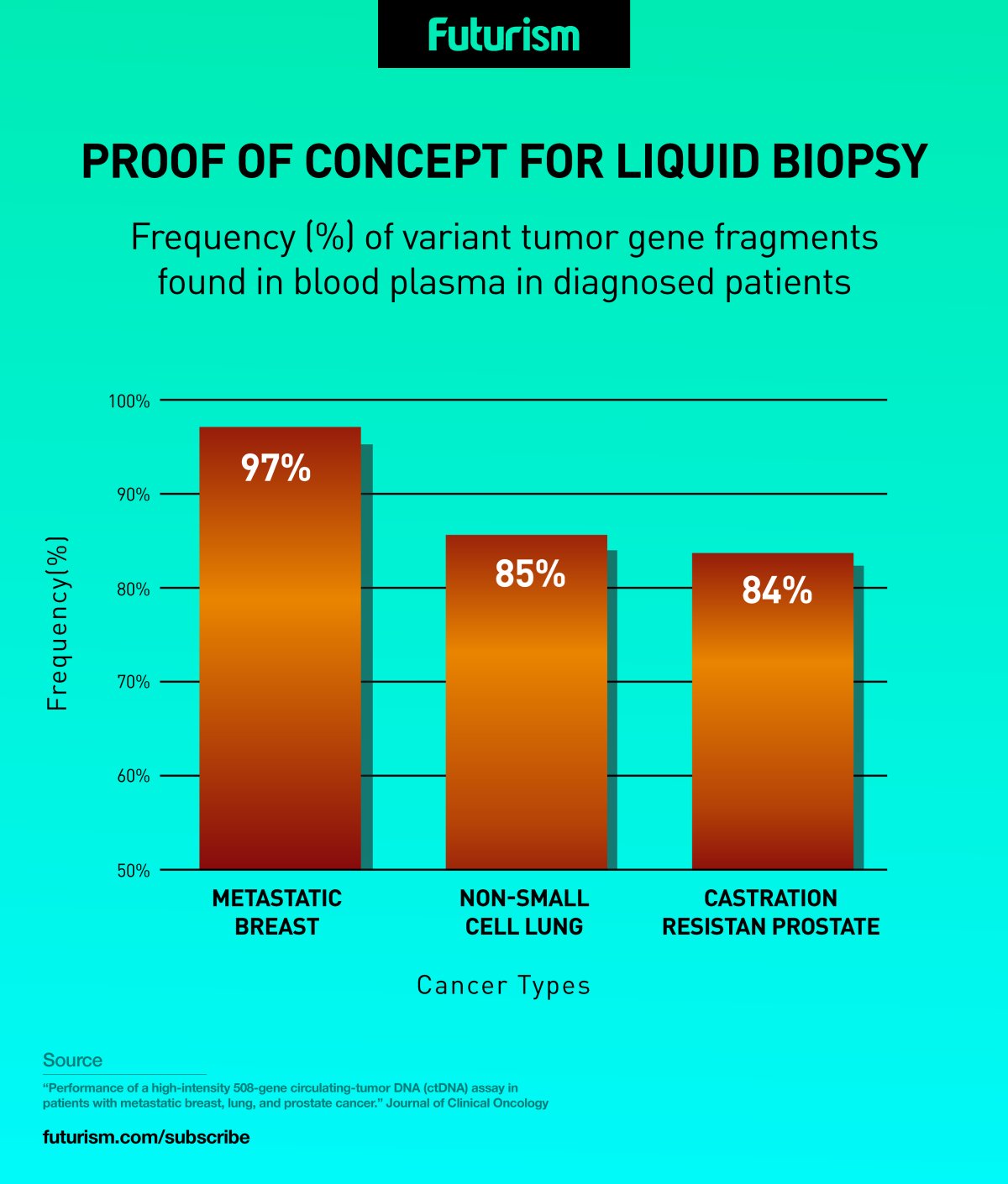
Simple and Non-Invasive
Cancer research is one of the busiest fields in medical technology, and understandably so, as cancer remains one of the leading causes of death worldwide. While there are existing treatments available for cancer, these usually cause a terrible amount of strain on the body and aren’t always effective. But what if much of that could be avoided by early detection using a simple, non-invasive test? Researchers from the Memorial Sloan Kettering Cancer Center and genomics company Grail are close to developing such a procedure.
According to a study published in the Journal of Clinical Oncology and presented on Saturday at the annual meeting of the American Society of Clinical Oncology (ASCO), a technology to test for cancer years before its symptoms manifest just delivered promising results in an early-stage feasibility study. This technology, referred to as liquid biopsy, scans the blood for traces of DNA shed by tumors — or circulating tumor DNA.

“Our findings show that high-intensity circulating tumor DNA sequencing is possible and may provide invaluable information for clinical decision-making, potentially without any need for tumor tissue samples,” lead researcher Pedram Razavi told Medical Xpress.
Accurate Detection
For the test, however, the researchers had to rely on samples of 124 metastatic lung, breast, and advanced prostate cancer cells taken from blood and tissues of patients. Scanning for 508 different gene mutations, they detected 864 genetic changes in the tissue samples and 73 percent of these were found in the blood as well.
At least one mutation was spotted in both the cancer tissue and blood samples in 89 percent of the patients, with breast cancer detection succeeding 97 percent of the time.

“Our combined analysis of cell-free DNA and white blood cell DNA allows for identification of tumor DNA with much higher sensitivity, and deep sequencing also helps us find those rare tumor DNA fragments,” Razavi explained in the interview with Medical Xpress.
This liquid biopsy is promising, so much so that Grail — which is funded by the likes of Jeff Bezos and Bill Gates — is backing it up. While this isn’t the first study to explore the potential of detecting cancer using blood tests, it’s generated 100 times more data than other sequencing techniques, the researchers told Reuters.
“It’s an important first step. We show that what we call a high-intensity approach works,” Razavi added in the interview.